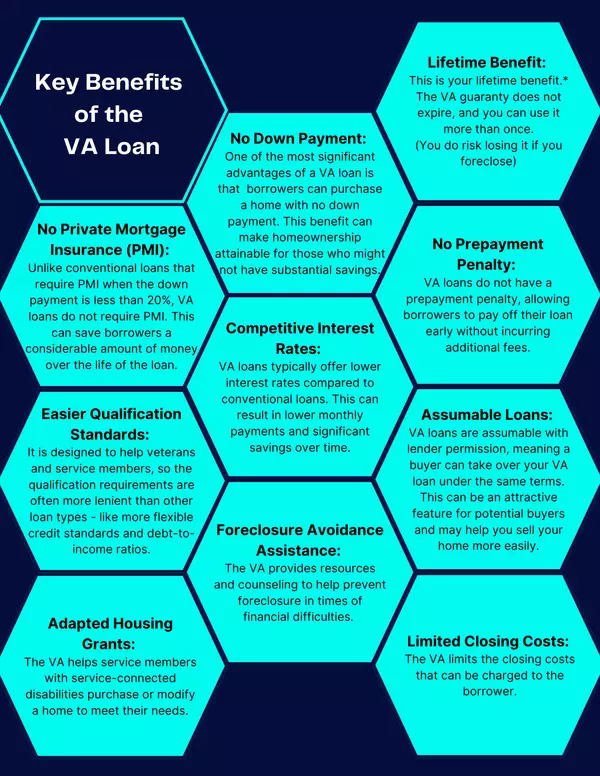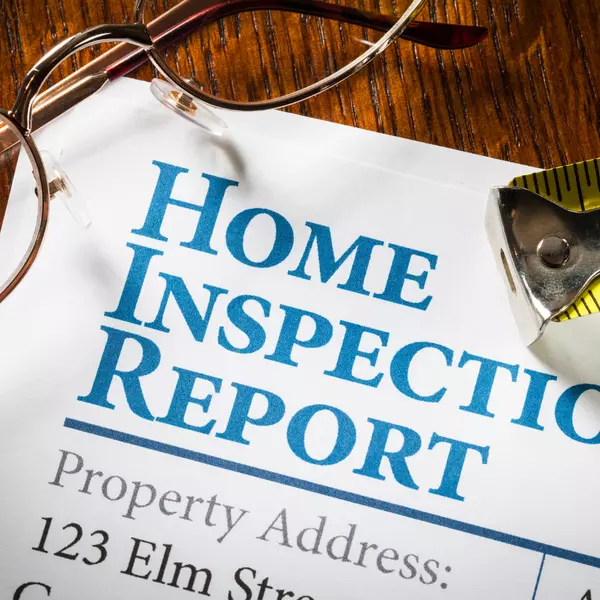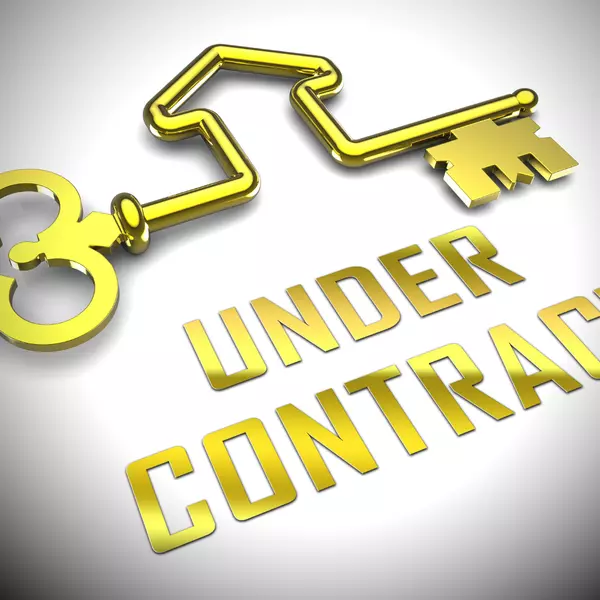Florida's Homestead Exemption
In Florida, a homestead exemption is a legal provision that can provide certain property tax benefits to homeowners on their primary residence. The homestead exemption is intended to reduce the property tax burden for Florida residents and encourage homeownership.
Here are some key points about the homestead exemption in Florida:
1. Primary Residence: To qualify for the homestead exemption, the property must be the primary residence of the homeowner. It means that the homeowner must live in the property as their permanent and principal place of residence.
2. Ownership: The homeowner must be the legal owner of the property or have a beneficial interest in the property, such as a life estate or a beneficial interest in a trust.
3. Residency Requirement: The homeowner must have legal residency in the state of Florida as of January 1st of the tax year for which they are applying for the exemption.
4. Value Limitations: The homestead exemption applies to a certain portion of the property's assessed value. It typically exempts $25,000 - $50,000 of the assessed value from property taxes for all taxing authorities (e.g., city, county, school district).
5. Additional Exemptions: In addition to the $25,000 homestead exemption, Florida offers an additional exemption of up to $25,000 on the assessed value between $50,000 and $75,000 for non-school taxes.
6. Save Our Homes Amendment: Another important aspect of Florida's homestead exemption is the "Save Our Homes" amendment. This amendment caps the annual increase in the assessed value of the homesteaded property at 3% or the rate of inflation, whichever is lower. This means that the assessed value of the property for tax purposes cannot increase dramatically each year, providing long-term tax savings for homeowners.
7. Application Process: Homeowners need to apply for the homestead exemption with their county property appraiser's office. The application process may involve providing proof of residency and ownership. It's essential to apply during the designated application period, which is usually from January 1st to March 1st of the tax year.
It's worth noting that while the homestead exemption can provide significant property tax savings, it only applies to the property's assessed value for tax purposes and does not affect other expenses like mortgage payments, insurance, or maintenance costs. If you're a Florida homeowner, it's essential to familiarize yourself with the specific details of the homestead exemption in your county and ensure that you meet all the eligibility criteria for the benefits. Click the link below to learn more about the Homestead Exemption on the Florida Department of Revenue Website.
Categories
Recent Posts











